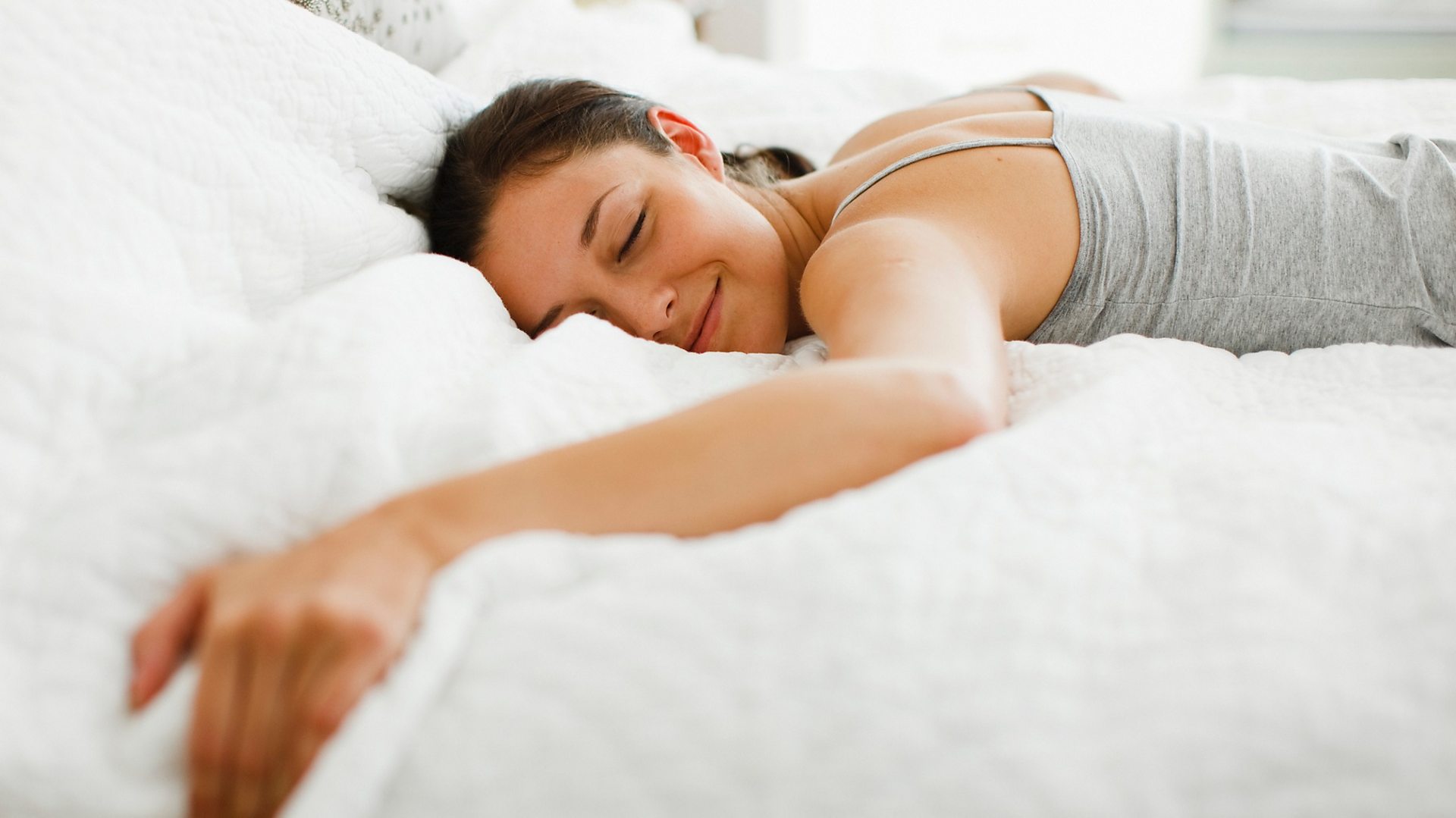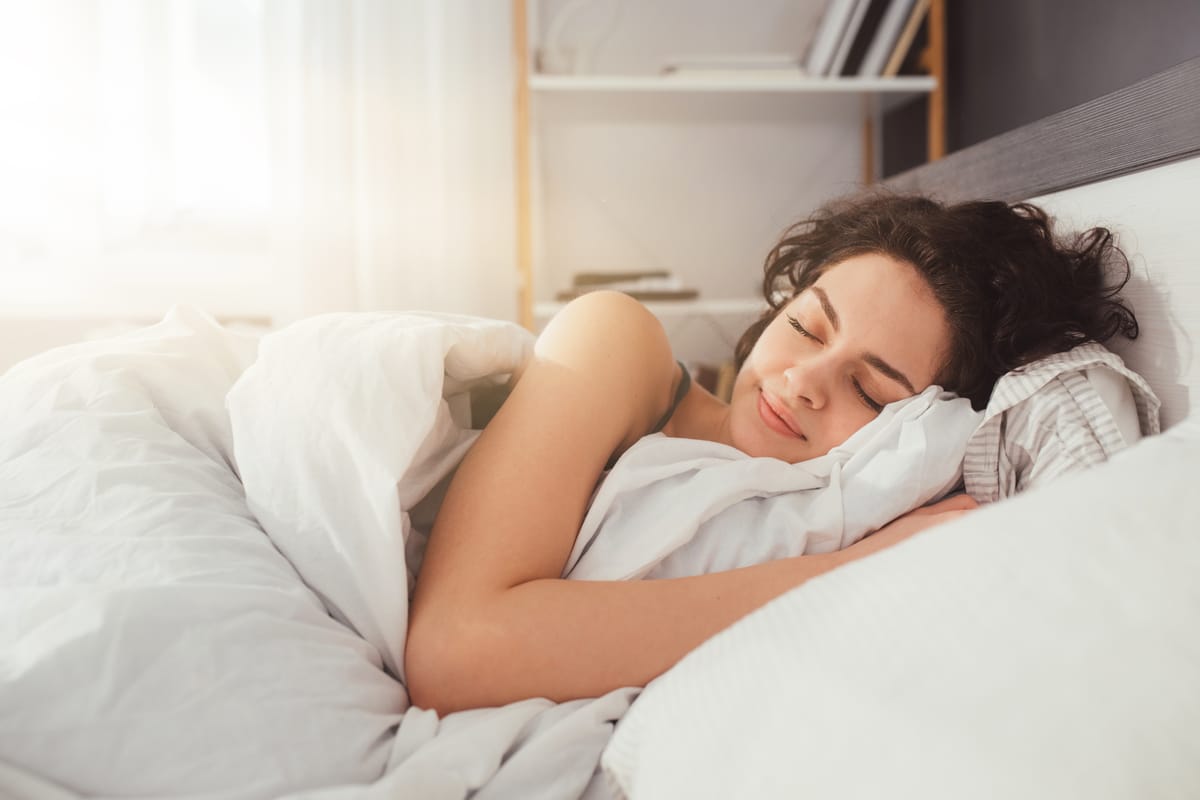Introduction
Sleep is a fundamental aspect of overall health and well-being. However, many individuals struggle with achieving quality sleep due to various factors such as stress, lifestyle habits, and medical conditions. Sleeping pills, also known as sleep aids, are often prescribed to help individuals overcome insomnia and other sleep-related issues. While these medications can be effective in the short term, incorporating lifestyle changes alongside their use can significantly enhance sleep hygiene and lead to long-term benefits. This article explores the role of lifestyle changes in conjunction with sleeping pills for better sleep hygiene.
Understanding Sleep Hygiene
Sleep hygiene refers to a set of practices and habits that are conducive to sleeping well regularly. Good sleep hygiene is essential for maintaining a healthy sleep-wake cycle and includes factors such as maintaining a consistent sleep schedule, creating a comfortable sleep environment, and managing stress.

The Role of Sleeping Pills
Sleeping pills can be beneficial for those who suffer from acute or chronic insomnia. They work by altering chemicals in the brain to promote sleepiness. Common types of sleeping pills include:
- Benzodiazepines: These are often prescribed for short-term relief of severe insomnia. They help induce sleep quickly but can be habit-forming.
- Non-Benzodiazepine Hypnotics: These include medications like Zolpidem and Eszopiclone. They are less likely to be habit-forming and are generally used for short-term treatment.
- Melatonin Receptor Agonists: These mimic the sleep hormone melatonin and help regulate the sleep-wake cycle.
- Antidepressants: Certain antidepressants with sedative effects are sometimes prescribed for insomnia.
While effective, sleeping pills are not a cure for insomnia and should be used as part of a comprehensive treatment plan that includes lifestyle modifications.
Lifestyle Changes to Improve Sleep Hygiene
Implementing lifestyle changes can greatly enhance the effectiveness of sleeping pills and improve overall sleep hygiene. Here are some key lifestyle adjustments that can contribute to better sleep:
1. Establish a Consistent Sleep Schedule
Going to bed and waking up at the same time every day helps regulate the body’s internal clock. Consistency reinforces the sleep-wake cycle and can make it easier to fall asleep and wake up naturally.
2. Create a Relaxing Bedtime Routine
Engaging in calming activities before bed can signal to the body that it is time to wind down. This can include reading, taking a warm bath, practicing gentle yoga, or listening to soothing music.
3. Optimize the Sleep Environment
A comfortable and conducive sleep environment is crucial for good sleep hygiene. Consider the following factors:
- Temperature: Keep the bedroom cool, as a lower temperature can promote better sleep.
- Noise: Minimize noise with earplugs, white noise machines, or by ensuring a quiet environment.
- Light: Use blackout curtains to eliminate external light and consider dimming lights an hour before bedtime.
4. Limit Exposure to Screens Before Bed
The blue light emitted by phones, tablets, and computers can interfere with the production of melatonin, the hormone that regulates sleep. Limiting screen time at least an hour before bed can help improve sleep quality.
5. Watch Your Diet
What you eat and drink can impact your sleep. Avoid heavy meals, caffeine, and alcohol close to bedtime. Instead, opt for a light snack if you are hungry before bed.
6. Exercise Regularly
Regular physical activity can promote better sleep by reducing stress and anxiety. Aim for at least 30 minutes of moderate exercise most days of the week, but avoid vigorous exercise close to bedtime.
7. Manage Stress
Stress and anxiety are common culprits of poor sleep. Techniques such as mindfulness, meditation, and deep breathing exercises can help manage stress levels and promote relaxation.
Combining Lifestyle Changes with Sleeping Pills
While sleeping pills can be a useful tool for managing insomnia, they are most effective when used in combination with lifestyle changes. Here are some strategies for integrating both:
Gradual Reduction of Sleeping Pills
As lifestyle changes take effect, it may be possible to gradually reduce the reliance on sleeping pills under the guidance of a healthcare provider. This can help minimize potential side effects and dependency.
Monitoring and Adjusting
Keep a sleep diary to monitor sleep patterns and the impact of both sleeping pills and lifestyle changes. This can help identify what works best and allow for adjustments as needed.
Seeking Professional Guidance
Consult with a healthcare provider or sleep specialist to develop a personalized plan that includes both medical and non-medical approaches to improve sleep hygiene.

Conclusion
Improving sleep hygiene requires a holistic approach that includes both medical interventions and lifestyle changes. While sleeping pills can provide immediate relief for sleep disorders, incorporating lifestyle adjustments such as maintaining a consistent sleep schedule, creating a relaxing bedtime routine, optimizing the sleep environment, limiting screen time, watching your diet, exercising regularly, and managing stress can lead to long-term improvements in sleep quality. By combining these strategies, individuals can achieve better sleep hygiene and overall well-being.

